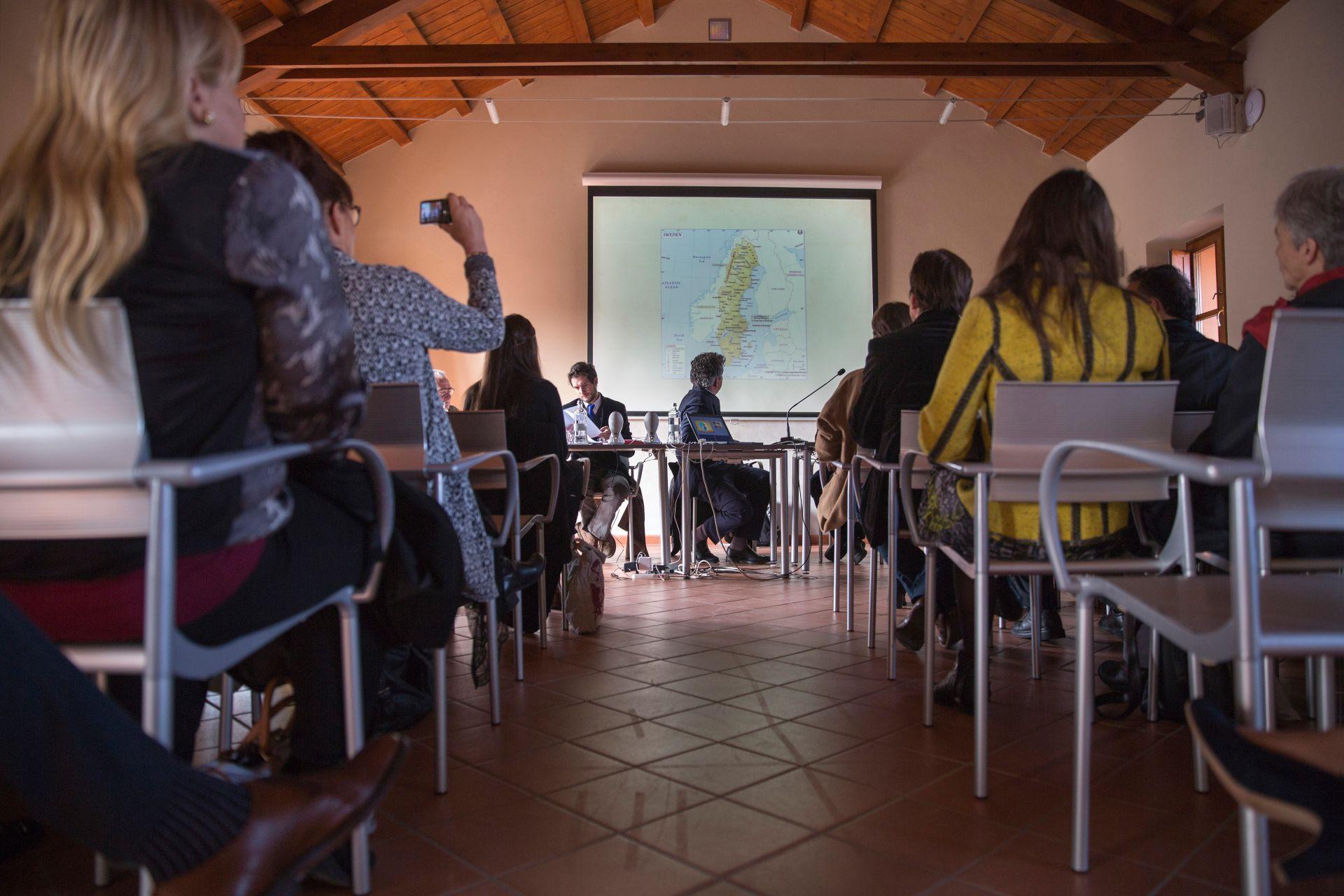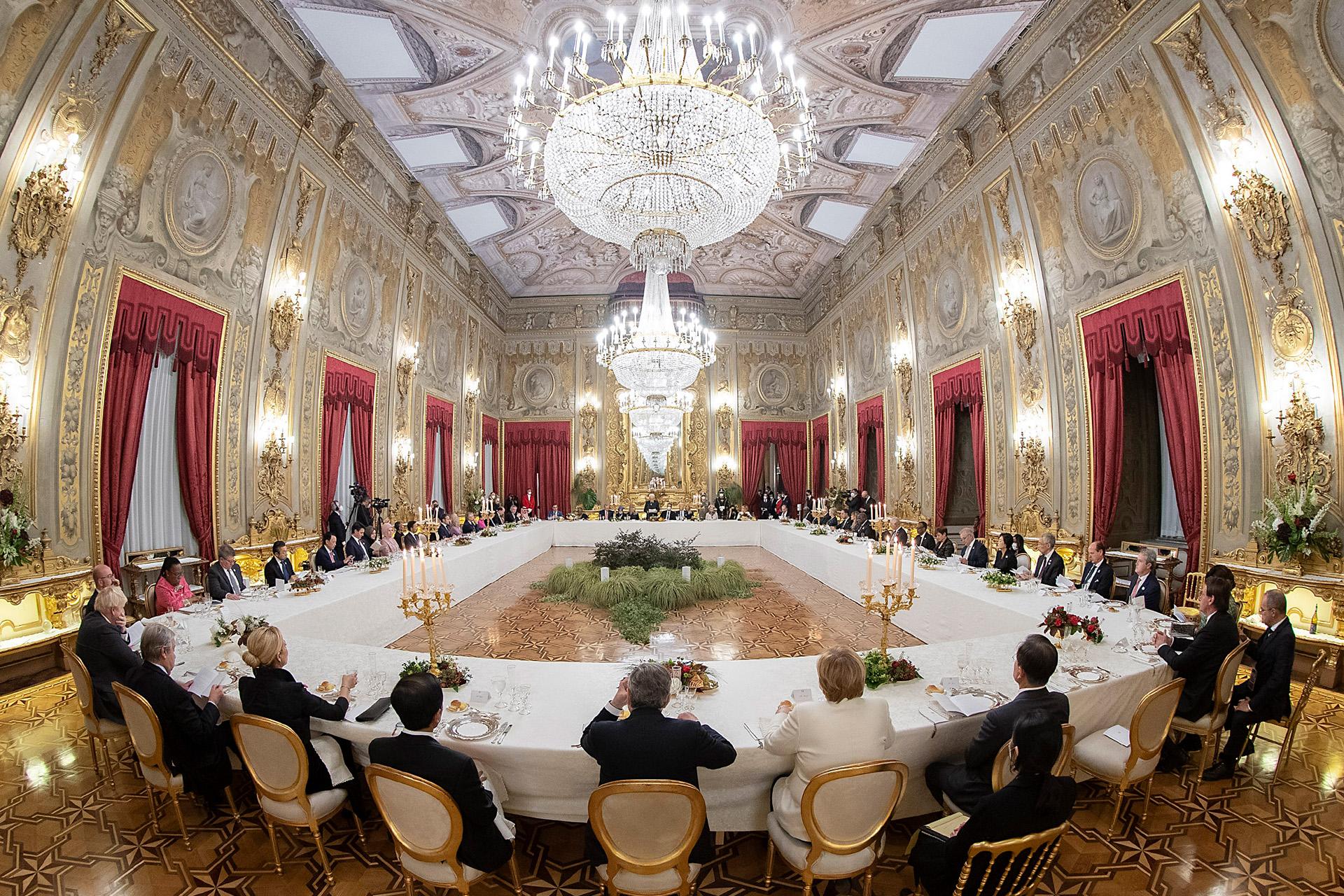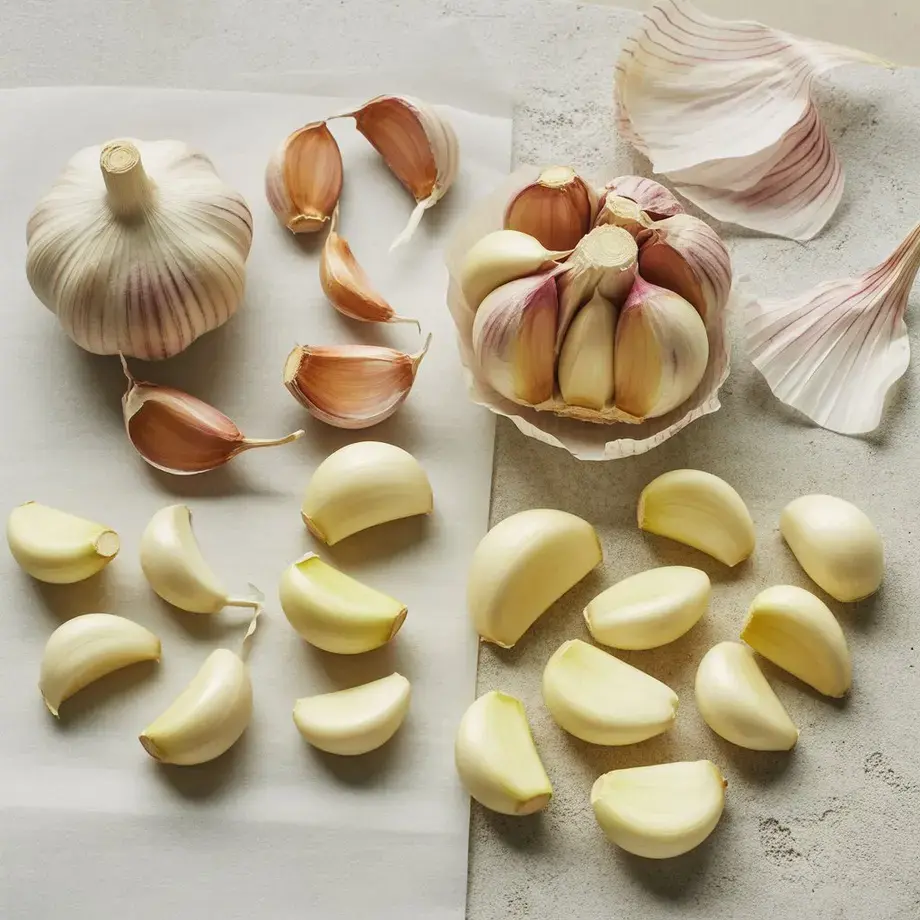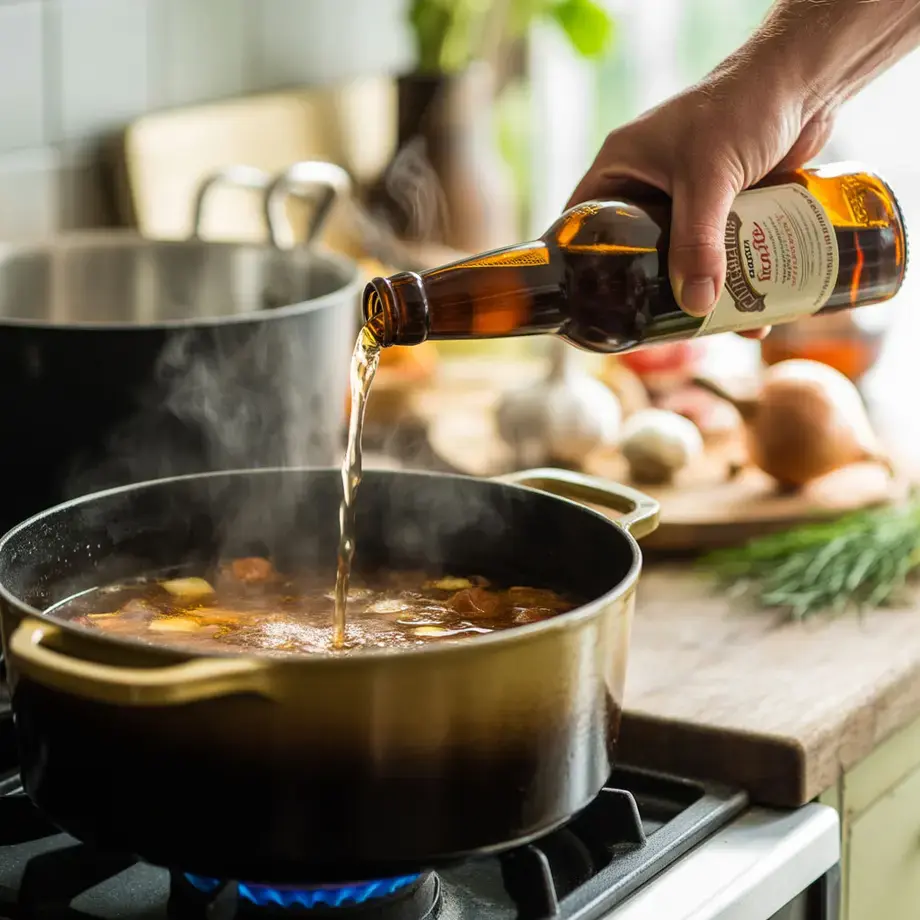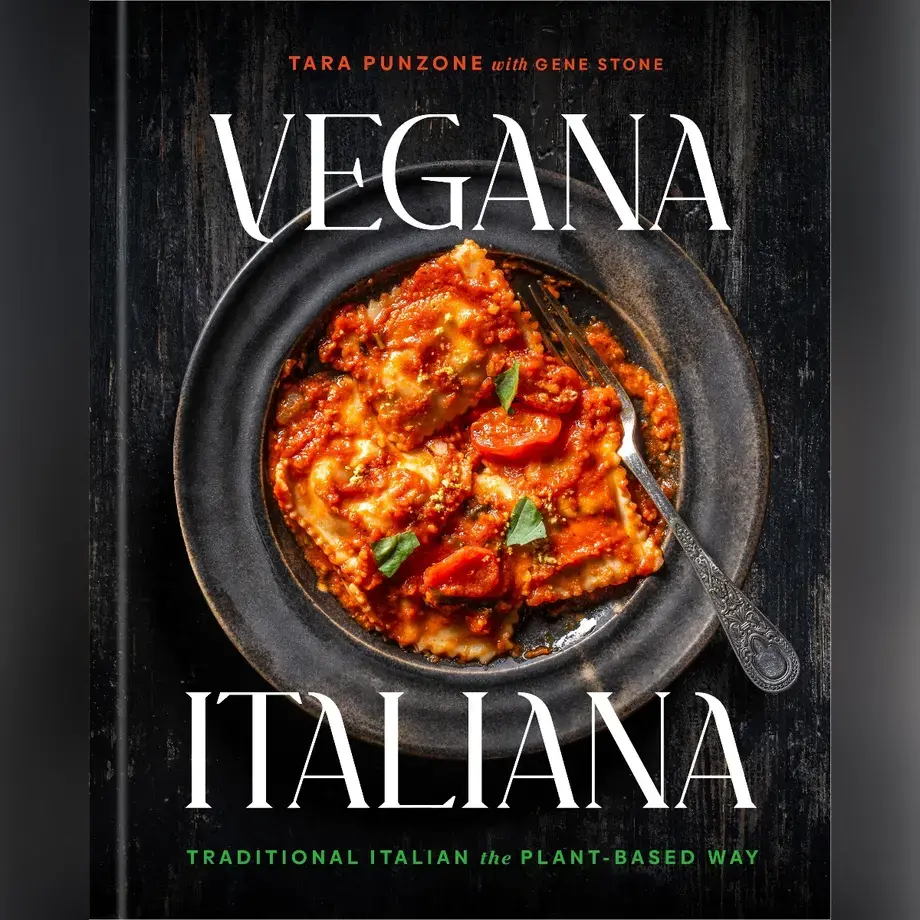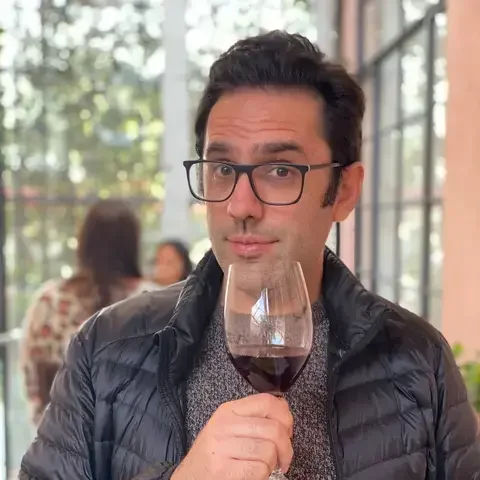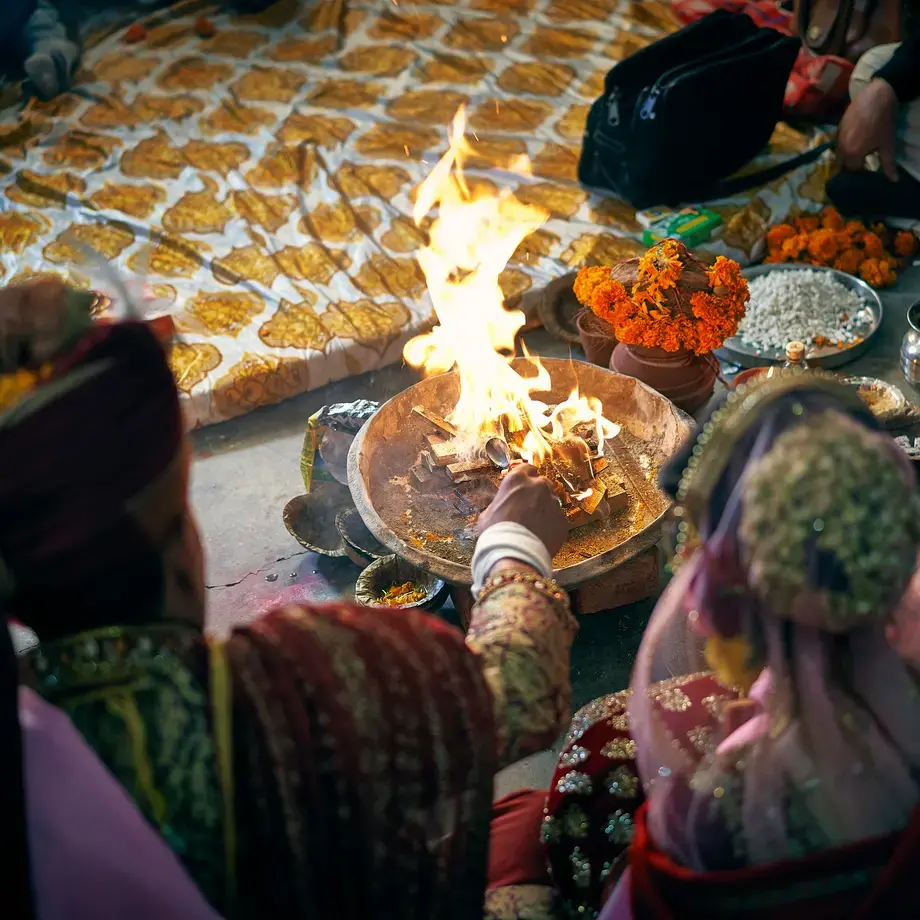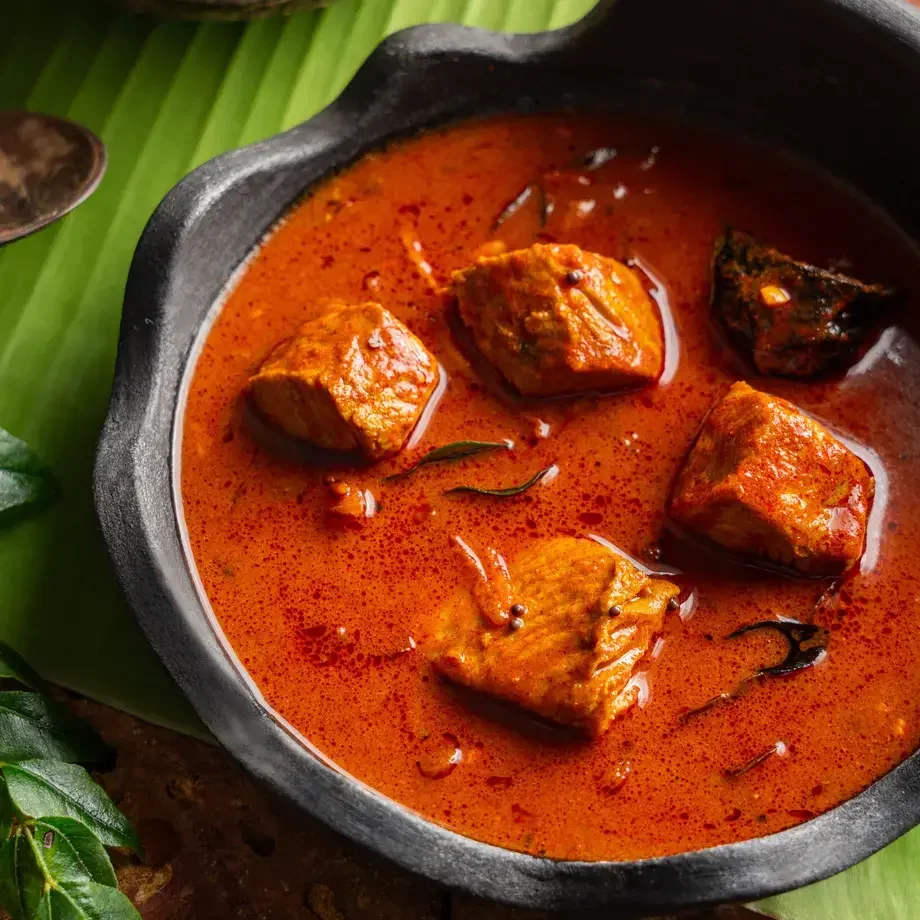Un'aula dell'Università di Scienze Gastronomiche di Pollenzo
Take Peru, for example: "In recent years the country has reinvested millions of dollars, earned through the oil industry, in promoting Peruvian cuisine," explains Cinotto. This approach to cooking - understood not only as a restaurant sector, but as a combination of traditions, products, recipes - also applies to individual cities: "Since the 2006 olympics took place, Turin has been able to describe itself as a city of sustainable food, a city of taste. And what does this lead to? Obviously to attract more tourists. But also to have diplomacy at an urban level."
An excellent example is Milan: "Expo 2015 was a double model of gastro-diplomacy. On the one hand, the pavilions were 'advertising' the individual countries - each interpreted in a different way: some in a political key, others in an agri-food key, or in a sustainability key - on the other it was a real promotion of the city of Milan."
How to use gastro-diplomacy
During the master's degree, students will study gastronomic cultures and food systems from all over the world, international food policies - and how they are developed by governments, NGOs, social movements - and the promotion of food, whether at the service of countries, cities, institutions or other. Food will obviously be at the centre of all subjects, travel and internships. Alessandra Roversi, UNISG alumna, is program officer at the Swiss Agency for Development and Cooperation. She explains the importance of food as an "element of non-verbal communication. In this sense it is perfect to be part of the soft power of a country which, as they say in English, serves to 'win the hearts' of other people, to conquer them. Food helps to convey the positive image of a country and to build its relations abroad."
However, be careful not to underestimate gastro-diplomacy and consider it as something of an accessory, almost frivolous: "Food has economic and political implications, it is not an abstract idea," Roversi says. “Gastro-diplomacy is to protect PDOs and increase sales of certain products; to make a country a destination for food, promoting tourism; it is to help financially, as Thailand did, those who want to open Thai restaurants around the world; or even create a certification, as Japan has done, of the Japanese identity of Japanese restaurants abroad."
Gastro-diplomacy vs gastro-nationalism
Where food becomes an element of division, we speak of gastro-nationalism: a concept developed by Michele Fino, associate professor of Roman law and ancient rights at Pollenzo: "Food must always be promoted as a meeting point not only between people, sometimes even within the same people: we think for example of Colombia where, after years of civil war we are witnessing attempts at reconciliation between the different factions using gastronomy."
Roversi defines 'culinary diplomacy' as the 'classic' use of food as a diplomatic element, for example, during lunches or banquets. A use that can sometimes reveal much more than we think about the customs and traditions of a country: “It is very interesting to look at the Quirinal Palace menus,” says Fino, speaking about one of the official residences of the Italian President. "Until the sixties, French gastronomy was considered the only acceptable one for state lunches and dinners. Just think that during Einaudi's seven-year period, pasta was never - and I mean never - served, and the menu was written in French. Only in the last few decades has there been a great opening up to Italian cuisine. And pasta has become a constant presence only from Pertini onwards."

